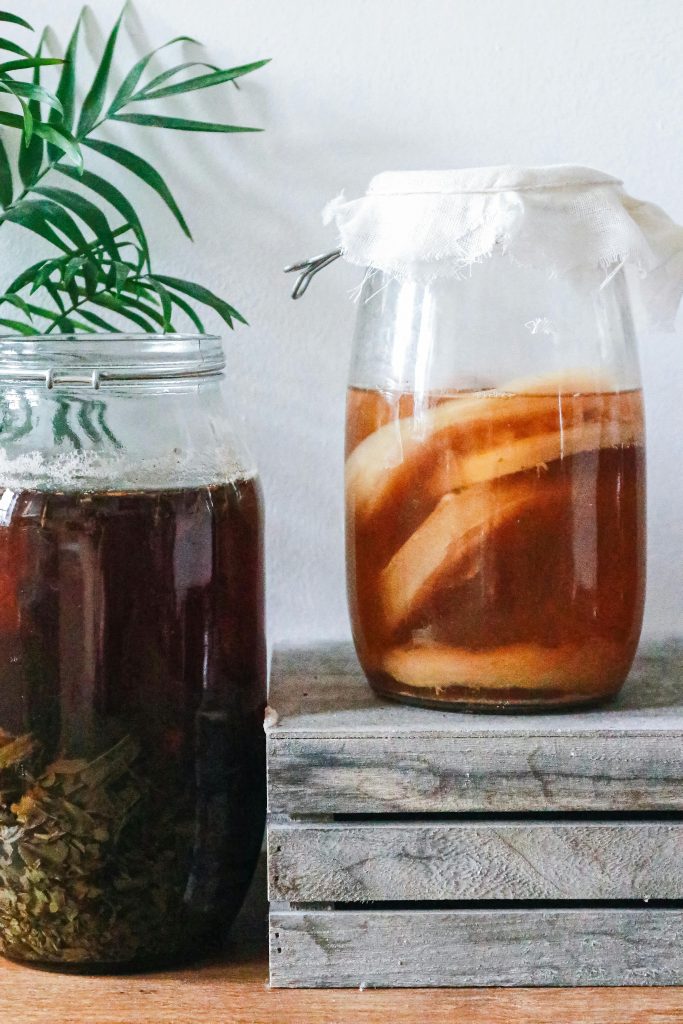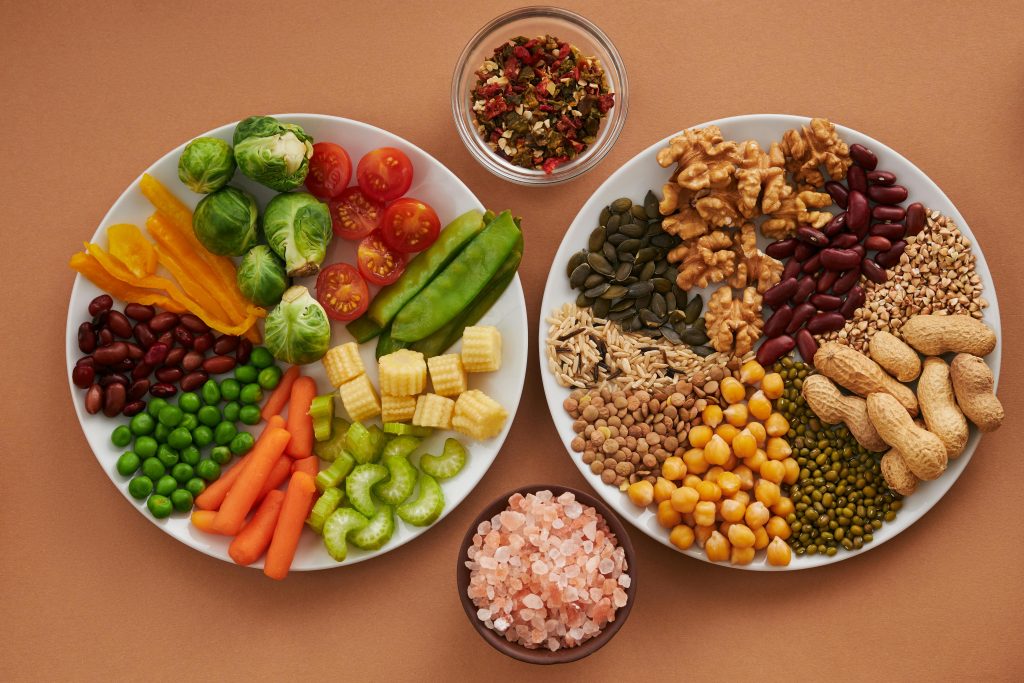MOST of us would have had pangs of gastric pains or bloating, and dismissed these symptoms as soon as they went away. But consultant dietician Indra Balaratnam says it’s crucial to pay more attention to gut issues as it’s central to how our body gets its nourishment.
The gut is the gastrointestinal system and includes our stomach, intestines and colon. This system is responsible for the digestion and absorption of nutrients from food and excretes waste. A wide range of different species of bacteria, viruses and fungi live in our large intestine and these are called our gut microbiome.
“Our gut must be healthy because they are central to how nutrition gets into our cells. This affects our immunity functions, brain health and even our moods. Our microbiome are the champions in maintaining our digestive health.
“Signs of good gut health includes regular bowel movement, having good energy level and mental clarity and not experiencing discomfort such as bloating, acid reflux and food intolerances,” says Indra who has been committed to empowering individuals to embrace healthier lifestyles through better diets for 28 years.
She urges that we all be proactive and mindful about the state of our gut health.
“When our digestive system is not functioning well, we might not get enough nutrients and this could lead to poor health. We could even become moody and anxious. So, it’s important to be aware of signs indicating poor gut health.
“But it is also important to not ignore symptom of poor digestion. Don’t just sweep it under the carpet or self-diagnose. Go see a doctor or a gastroenterologist to get a proper diagnosis and treatment if necessary,” Indra advises.
EATING TO A HEALTHY GUT

Managing our stress is vital in maintaining good gut health.
“Sometimes stress can lead someone to overeat or to eat the wrong food as a way of coping,” says Indra. But she says managing our diet is one of the most important and effective ways to improve gut health.
Eating a diet rich in fibre is important.
“Our gut is like a garden, and we have to tend to its microbiome consistently. We need to feed the microbiome with nutrients from the food we eat. We need to eat high fibre food such as whole grains, vegetables, legumes.
Some seniors may find high fibre food harder to chew. But Indra says they can try different ways of praeparation such as cutting or slicing certain vegetable finely. Instead of stirfrying vegetables, they could cook it in a soup and then blend the mixture.
“Normalise having fruits every day. We need 2-3 servings of fruits a day. A serving of fruit can be an apple, or a banana, or a slice of pineapple.”
But Indra says juicing fruits and vegetables remove the fibre, so it’s better to blend them and not lose the fibre.
FERMENTED FOOD

Fermented food that contains probiotics and prebiotics are crucial for gut health as the live culture feeds the gut microbiome.
“Probiotics can be found in fermented food such as yoghurt, kimchi, miso and kombucha, and they contain live culture and good bacteria that are good for the digestive system,” says Indra.
Prebiotics are a source of food for the gut’s good bacteria and help them grow. Food rich in prebiotics are onions, garlic, leeks, asparagus and almonds.
We also need polyphenols as they act as prebiotics and aid the growth of gut bacteria. Polyphenols are also antioxidant that protect the brains against toxins and neuroinflammation.
“The best source of polyphenols are vegetables and fruits, so make them the basis of your diet. That’s why the Ministry of Health recommends that half a meal is fruits and vegetables, a quarter protein and a quarter carbohydrates. Polyphenols are found in berries, green tea and dark chocolate,” says Indra.
FOOD TO AVOID

As we grow older, our body produces less digestive enzyme. Certain medication and menopause could disrupt our gut microbiome.
“Avoid ultra processed food because they are usually high in sugar, saturate fat and artificial flavouring. Ingredients such as artificial sweetener are inflammatory to the gut lining, and contains no nutrients. When we buy sugar- free food, check the labels for they may contain artificial sweetener. Cut out refined sugar, commonly found in carbonated drinks. They cause inflammation and disrupts the gut microbiome,” says Indra.
Many people opt for ultra processed food because it’s tasty and convenient. Instant noodles is an example of an ultra processed food. Indra suggests that we stock up on dried noodles and make a simple meal by adding in some protein and vegetables instead.
She also cautions against excessive consumption of alcohol; the recommendation is no more than 2 glasses a day for men, and one glass for women. But it’s best for the gut to not have alcohol.
Water, says Indra, is the best beverage. She says we also need to drink lots of water and stay hydrated.
“Eat a balanced diet with a variety of plant-based and wholegrain food. We need to gradually increase our fibre and food intake. The gut also needs activity, and exercise has been linked to healthier microbes. So, it’s good for seniors to exercise regularly.” – Molly Lim






